Ant infestations are a common household problem, but learning how to stop ants from coming in the house with natural ant repellents can help you maintain a clean and eco-friendly living space. Ants are small but determined intruders that can quickly take over your home, especially when they find food or water.
Fortunately, there are a number of safe and natural alternatives to using potentially toxic chemicals to get rid of ants. This guide will explore various natural methods to stop ants from coming into your house, ensuring your living space remains comfortable and pest-free.
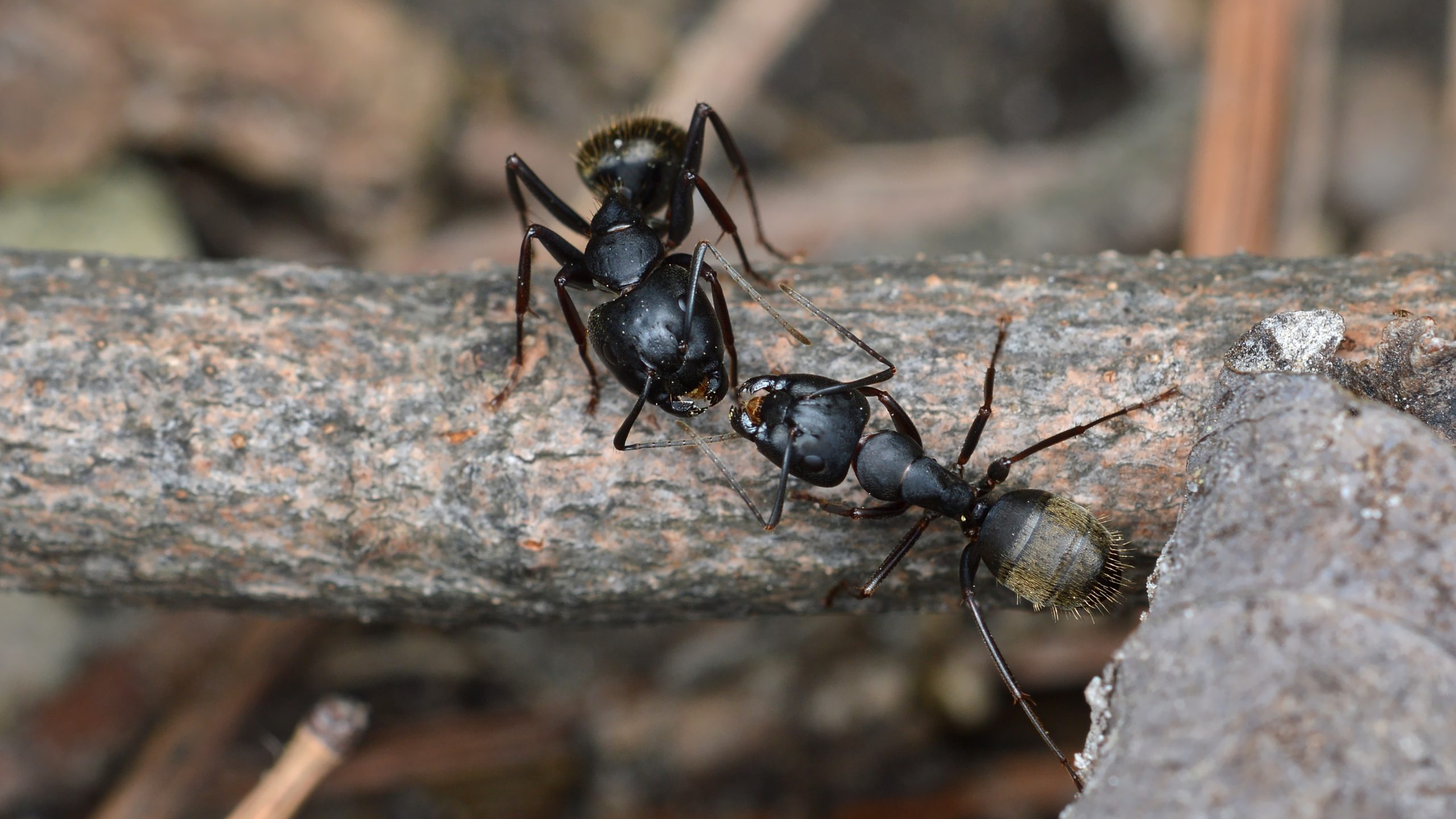 Getting rid of these sources can make your home less inviting to ants and reduce the chances of an infestation.
Getting rid of these sources can make your home less inviting to ants and reduce the chances of an infestation.



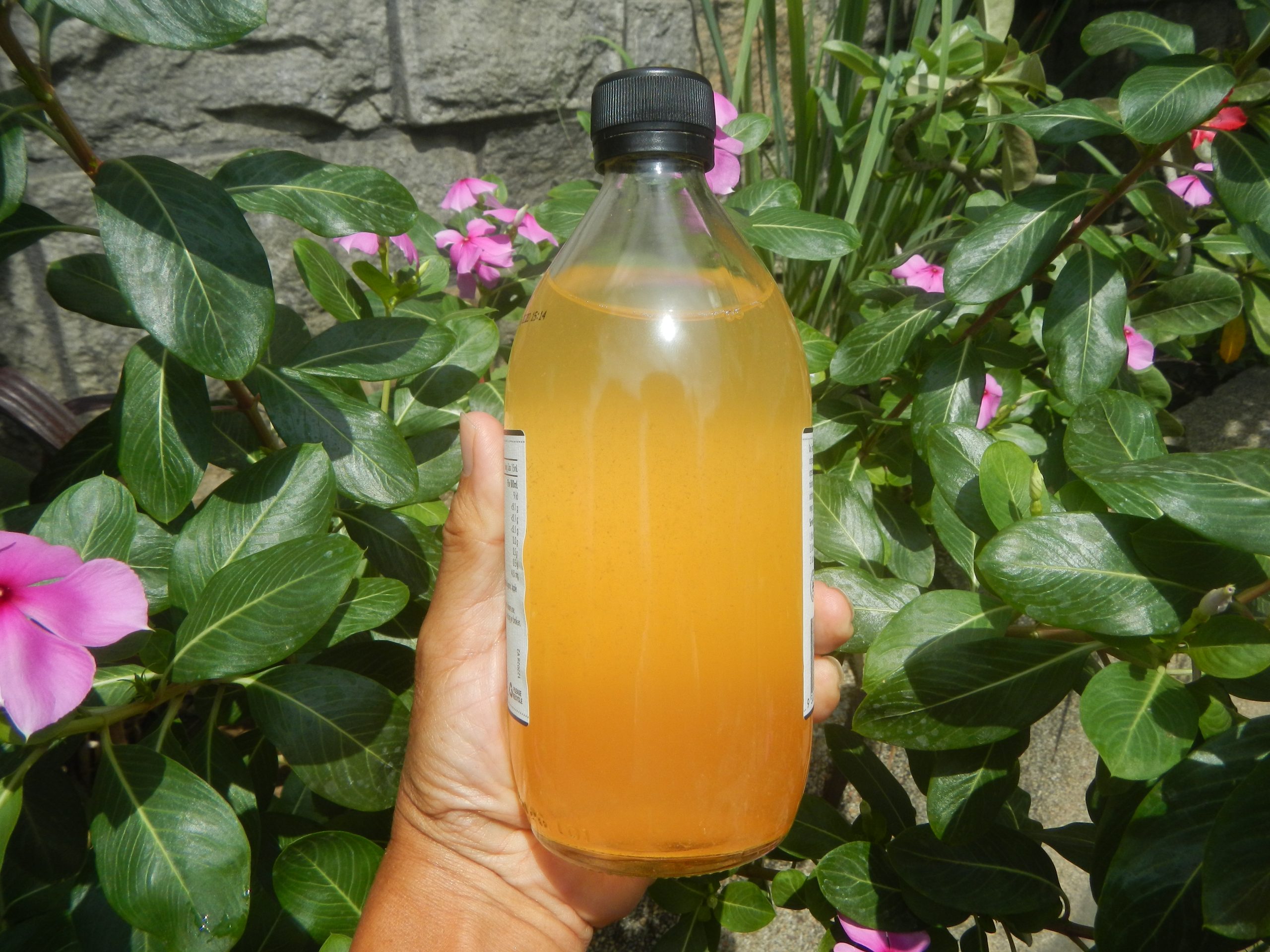
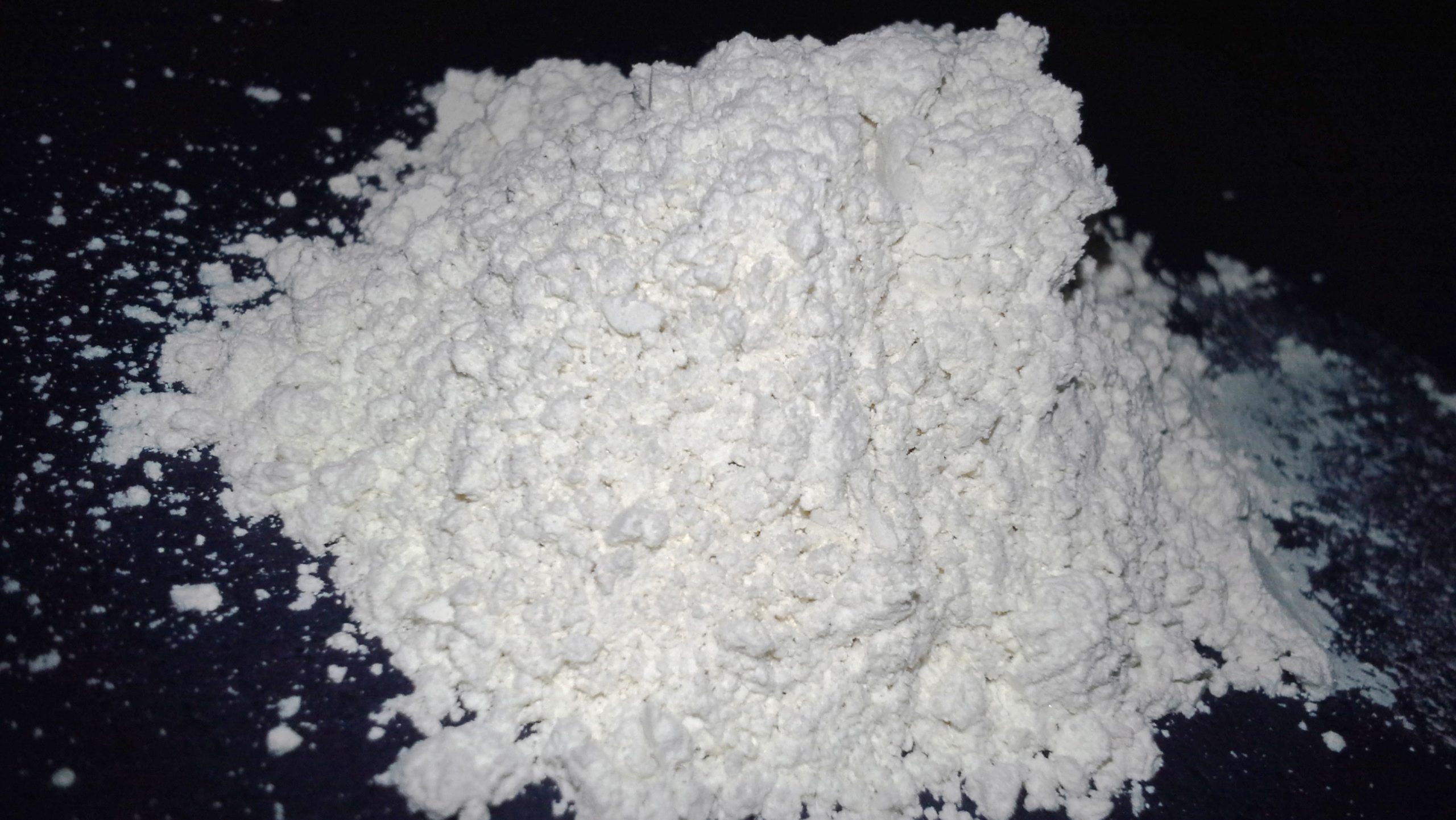
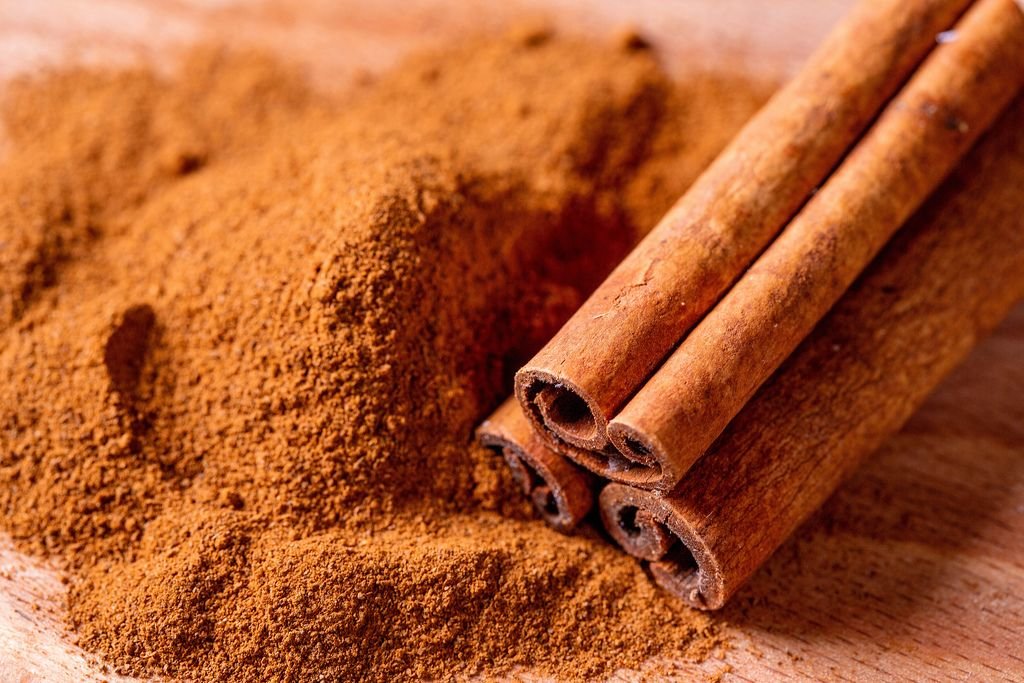
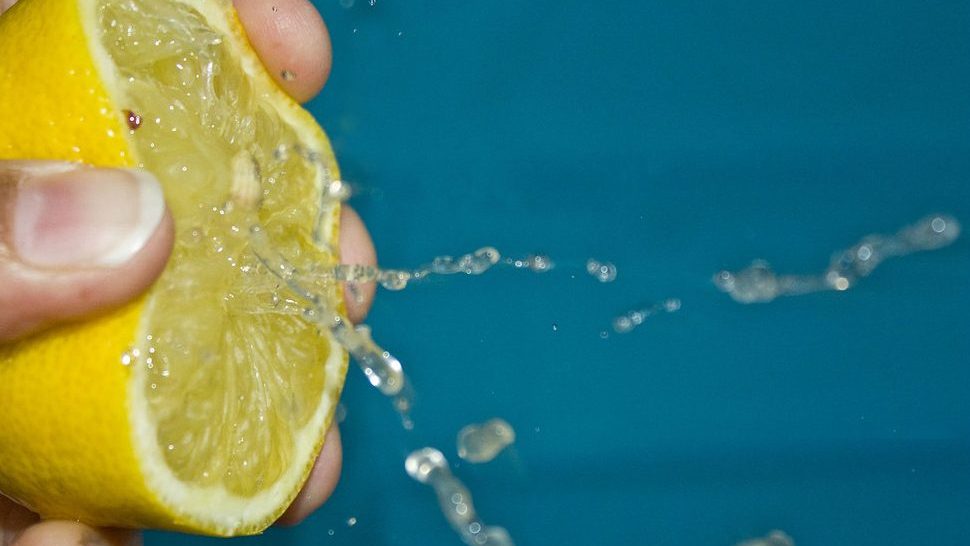 Natural repellents to stop ants from entering the house might be enough for a small number of ants. In case of an ant infestation, our pest control professionals provide a customized approach to protect your home effectively.
A few precautions can make your home less attractive to ants and help you avoid infestations altogether. For additional resources on ant control and DIY solutions, visit our Control and DIY Guide sections.
Natural repellents to stop ants from entering the house might be enough for a small number of ants. In case of an ant infestation, our pest control professionals provide a customized approach to protect your home effectively.
A few precautions can make your home less attractive to ants and help you avoid infestations altogether. For additional resources on ant control and DIY solutions, visit our Control and DIY Guide sections.
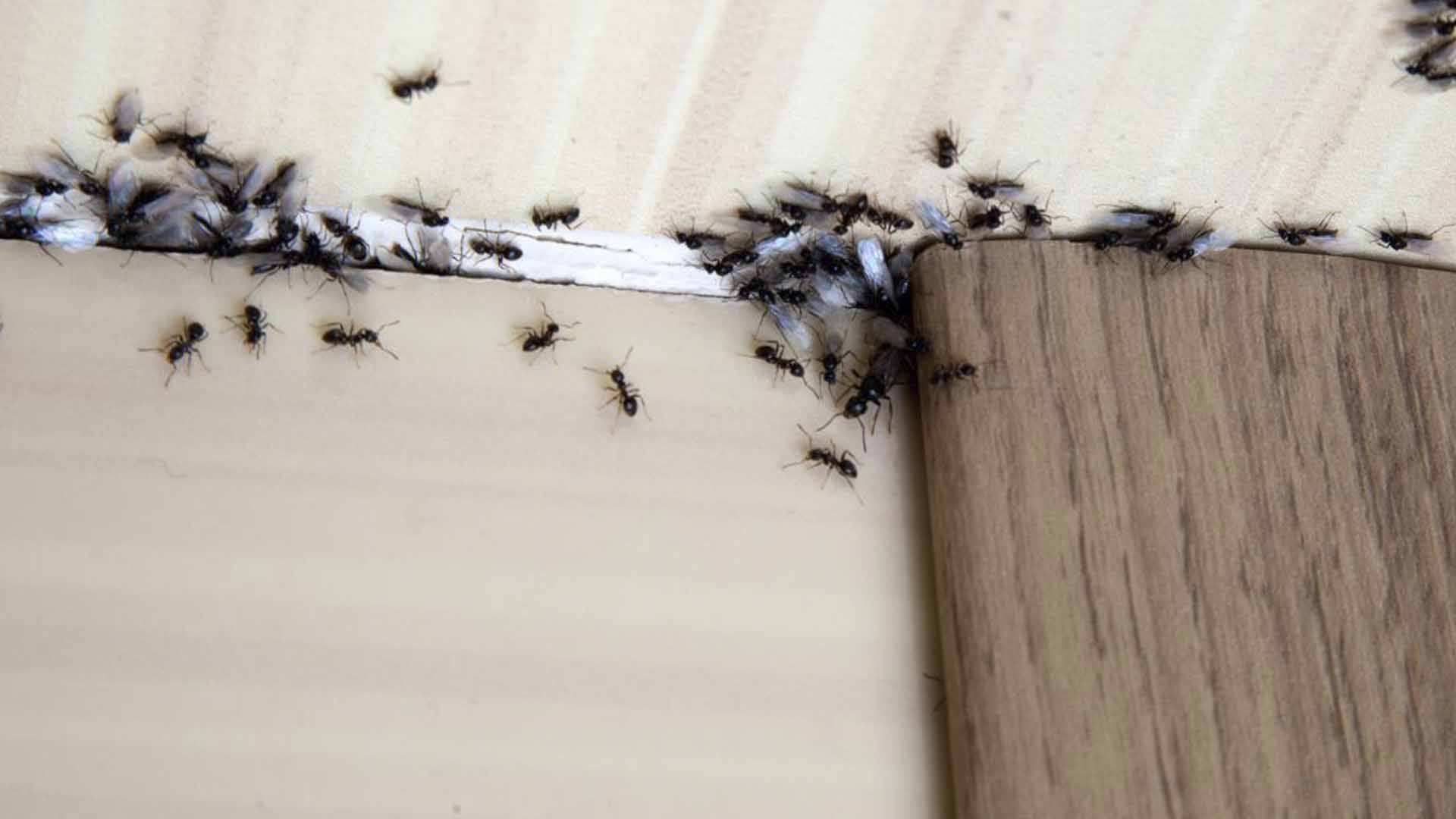
Why Choose Our Ant Control Services?
With expertise in handling different species and effective control strategies, we ensure your home remains ant-free. Our professionals understand the best ways to target ant colonies and other pest problems, providing long-lasting relief without compromising safety.
Need an estimate for pest control? Our team is standing by, ready to help. Get A Risk Free Estimate.

Why Do Ants Infest Your Home?
Ants are survival experts, constantly searching for resources to sustain their colony. Their reasons for invading your home typically include:What Attracts Ants to Your Home
-
Food Sources: Ants are drawn to crumbs, sugary items, and grease. Even small spills or improperly stored food can attract them.
-
Water Needs: Ants seek moisture, especially in dry seasons. Leaky faucets, condensation, or standing water often lure them indoors.
-
Shelter: Cracks, gaps, and crevices in walls or floors provide ants with safe nesting spots and easy access to resources.
Natural Ant Repellents
Natural ant repellents are a smart and eco-friendly way to keep ants out of your home. Below are a few natural remedies that can be easily used in your household.

Not getting a solution?
Get your free pest control estimate today!Essential Oils
Ants dislike strong smells like peppermint, tea tree, or eucalyptus oils. Add a few drops in water in a spray bottle and apply along windowsills, door frames, and known entry points.
Vinegar
Vinegar disrupts the pheromone trails ants use to navigate. Create a uniform solution of white vinegar and water in equal ratio, then spray along ant trails or wipe down counters and surfaces.
Diatomaceous Earth (Food Grade)
This natural powder dehydrates ants upon contact. Sprinkle it near cracks, baseboards, and pathways for long-lasting protection.
Cinnamon
Cinnamon’s strong smell deters ants from entering your home. Use powdered cinnamon or essential oil around entry points and trails.
Lemon Juice
The acidity in lemon juice removes scent trails that ants follow. Wipe down counters and affected areas with fresh lemon juice for a natural deterrent.How to Prevent Ants From Coming in the House?
To further protect your home, consider these preventive measures. Keeping ants out is easier than getting rid of them once they’ve established a presence.Tips to Prevent Ant Infestations
-
Inspect and seal cracks, gaps, or holes in walls, windows, doors, and other openings to block ant entry.
-
Clean surfaces, floors, and appliances regularly to remove crumbs and food particles.
-
Keep food in sealed containers and do not leave dirty dishes or uncovered food.
-
Fix leaks and make sure there is proper ventilation in damp areas to eliminate water sources.
-
Use sealed trash bins, empty them frequently, and clean them to prevent residue buildup.
-
Trim vegetation and keep firewood or debris away from your home’s foundation.

Myths and Facts About Natural Ant Control
There are several myths about natural ant control methods. However, the truth is often different. Below are some common myths and the facts that debunk them.| Myth | Fact |
|---|---|
| Ants are repelled by cucumbers. | Cucumbers can keep ants away, but no scientific support exists for this. More dependable are tried-and-true remedies like vinegar and aromatic oils. |
| Ants can’t enter because of chalk lines. | Chalk doesn’t create a strong barrier, but it can momentarily obstruct their smell traces. Ants are still able to navigate over or around chalk. |
| Ants are permanently repelled by lemon juice. | Although lemon juice can momentarily cover up fragrance trails, repeated reapplication is necessary for long-lasting effects. |
| Entire ant colonies are destroyed by boiling water. | Although boiling water rarely reaches deeper areas of the colony, it may kill ants close to the surface. Ant baits are more effective at locating nests. |
| Vinegar is a permanent solution for ants. | Vinegar can disrupt scent trails initially but requires regular application, as ants may re-establish trails after the scent fades. |





